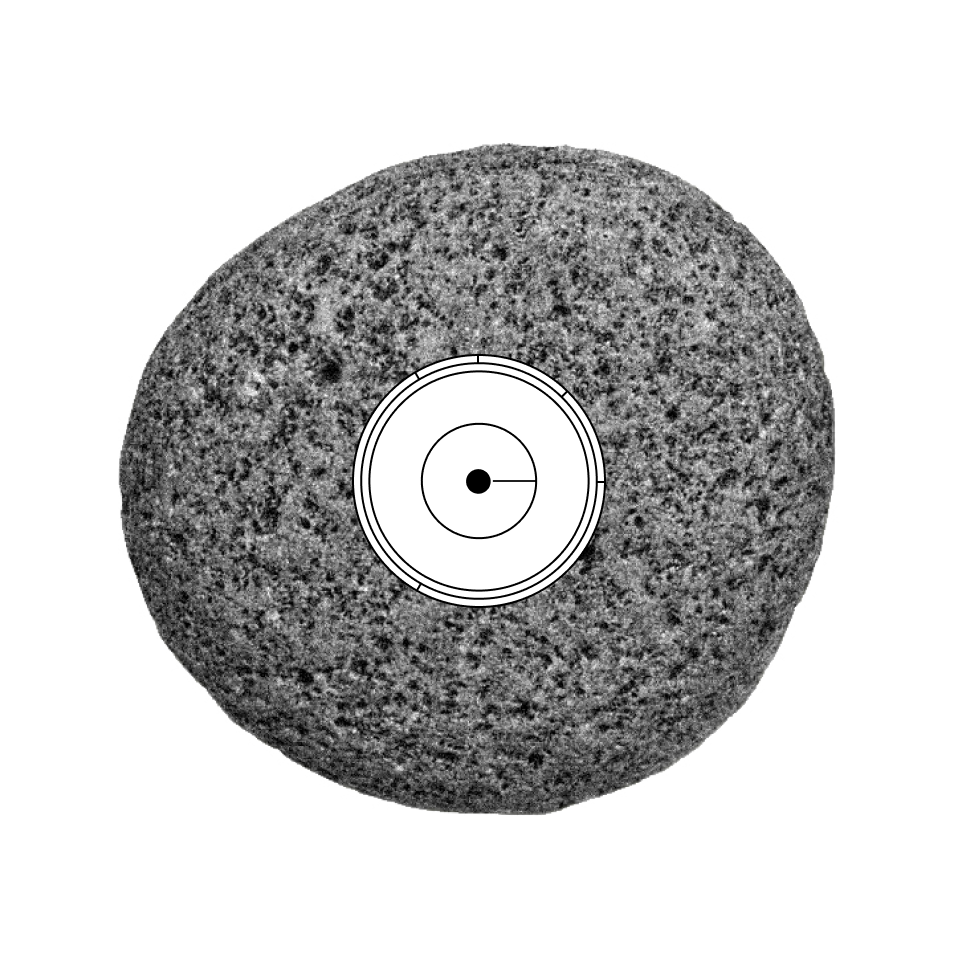This whole ‘simple, durable, yours’ thing may sound good, but what does it add up to? What does it feel like?
First, let’s talk about what it should feel like in the future.

Imagine that you can log in from anywhere with one simple, memorable name and password. And when you do, an entire OS appears for you. Inside is your whole digital life. Every conversation you’ve ever had, all your biometric data — every step and heartbeat. Your personal mesh of devices: your doors, your car, your irrigation. All of your communities, every message you’ve shared with friends and family. Every connection you’ve made and every archival piece of data, in one place. Secure and private, forever.
You own and control this OS completely. Your system doesn’t live on someone else’s server, so there’s no risk of leaking it in a mass data breach or losing it when a service shuts down. Your Urbit is a sealed, secure, and durable system.

We’re on our way to this future, building it step by step, but we’re not there yet. The Urbit of today is much more stripped down.
The stripped-down Urbit – Urbit OS 1 – starts out as a new kind of social network.
Today, each of our social tools does one thing. And so each of our communities ends up spanning multiple services. Urbit OS 1 gives you the tools to bring these together into one place.
In Urbit OS 1, a community shares a set of modules. (Think of a module like an app without the data lock-in.) One community may choose to chat and share a forum. Another may choose to chat and watch the crypto markets. And yet another may chat, share links, ebooks, and a to-do list. Anyone can develop a module, and anyone can create a community.
It’s a simple system for intentional digital communities. A first step away from the ill-formed digital world of today. We like to call it ‘social computing’ — on the surface it feels like a new kind of app, but under the hood it’s an OS. It’s customizable all the way down.
We think that a new system like this, even in a simple form, will be a relief from the chaos of the current web. Think of it as a “back to the land” computing movement. If we’re ever going to build new digital cities, they’ll have to start as a few colonies on the frontier.

Your Urbit is a simpler computer, a quieter computer, a more private computer. We want it to feel predictable, safe, and reliable — things only a complete, sealed system can do. This, we hope, can get us a world where technology keeps us connected, but doesn’t dominate our lives.